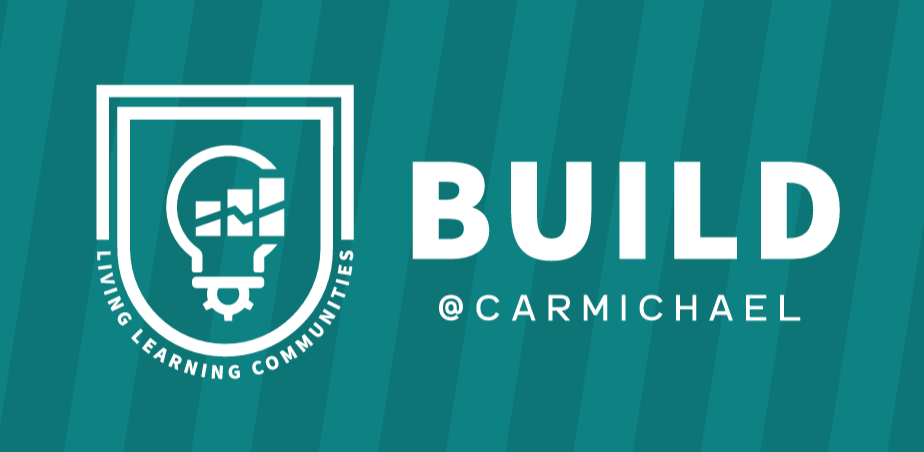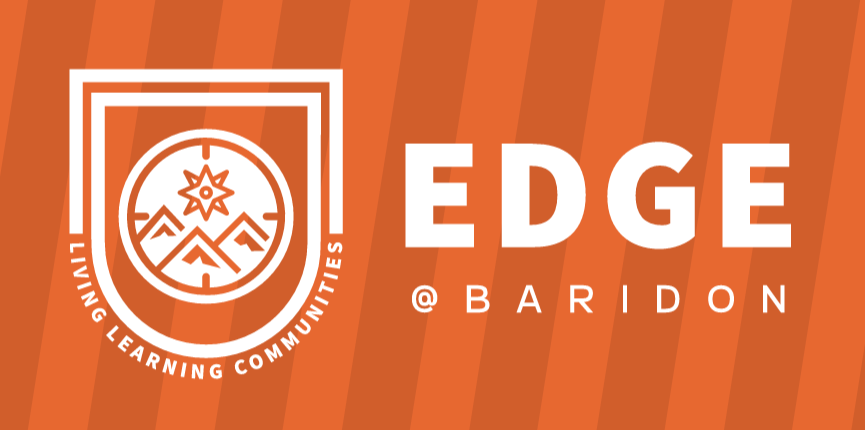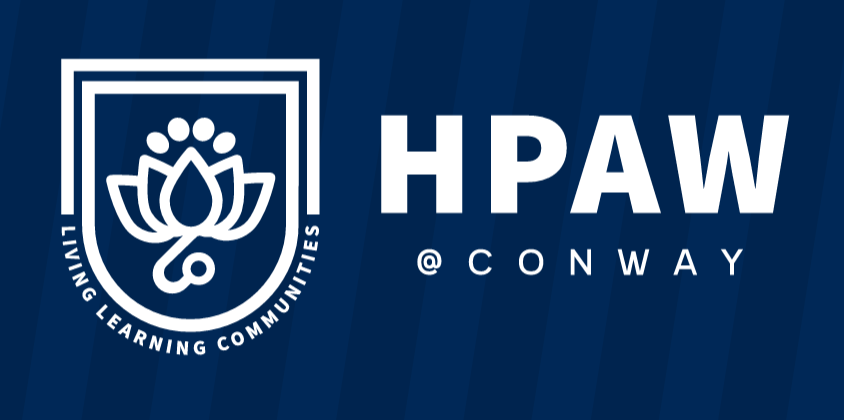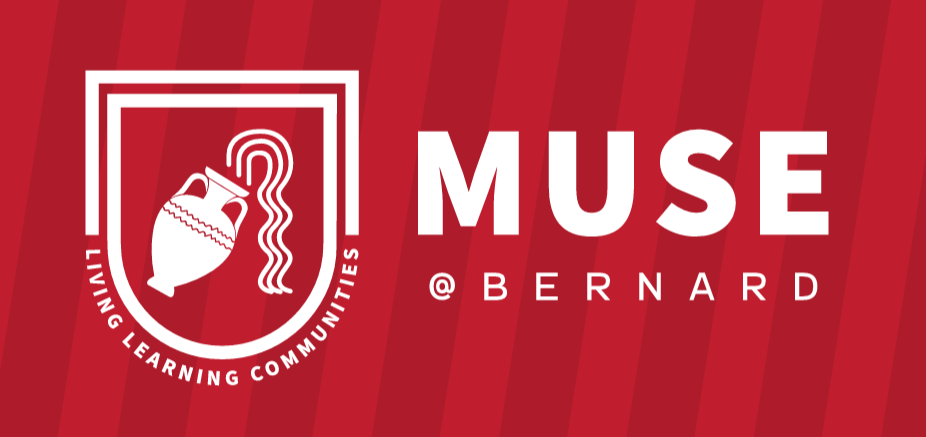Main navigation
Main Content
Designed to engage students in specialized environments to fit their interests, UCA’s Living Learning Communities (LLC) promote academic success and provide developmental support – all under one roof. Dedicated faculty, staff, and student mentors help guide freshmen on their career path and help them discover opportunities to connect classroom learning to real-world experiences. Living Learning Communities offer a supportive community and an atmosphere that results in higher grades and a greater likelihood of returning for the next semester. Students take classes with peers who live just down the hall and make lifelong memories while navigating their college experience.
UCA’s Living Learning Communities have been providing students with communities of support designed around their needs and interests since the first “residential college” was introduced in 1997. Beginning in Fall of 2024, all entering freshmen will now have the opportunity to be a part of one of UCA’s vibrant learning communities that are centered around where you live, even if that is off-campus! UCA combines social and academic life through a living and learning community system that is unlike anything else in Arkansas. UCA is the only four-year public university in the state to make this experience available to all incoming freshmen.
Students may have a variety of motivations when selecting their residence hall and Living Learning Community; however, all students will be registered for a class in the LLC that matches their housing assignment, and will be asked to make the commitment to participate fully in the LLC programming in their hall. Students living in communities that align with their academic programs will have greater variety and opportunity for taking linked courses designed to meet their needs.







